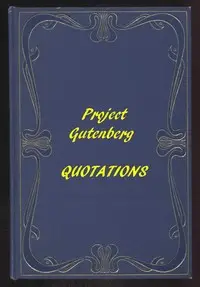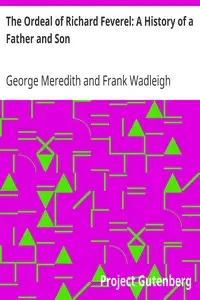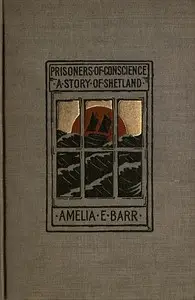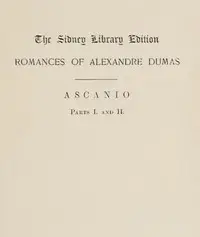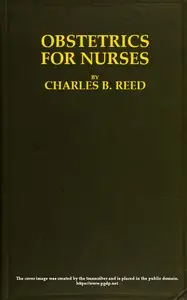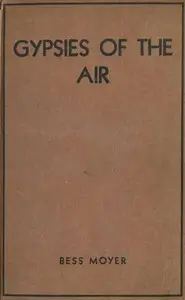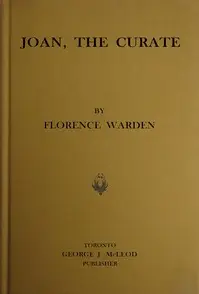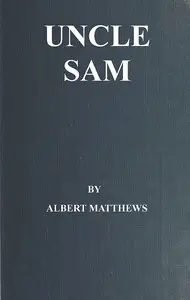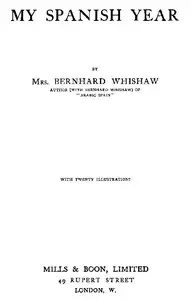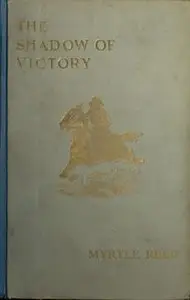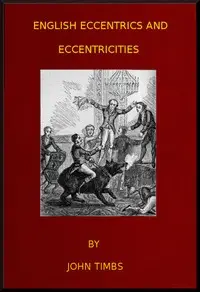"The Ordeal of Richard Feverel — Volume 2" by George Meredith is a novel written in the late 19th century. The book delves into the complexities of youth, morality, and the societal pressures surrounding personal relationships, with a particular focus on the life of the protagonist, Richard Feverel. Throughout the narrative, themes of education, paternal influence, and romantic entanglements emerge as Richard navigates the trials of growing up. At the start of this volume, the narrative unfolds during a pivotal time in Richard's life known as "the Blossoming Season," reflecting the transition from boyhood to adolescence. Richard is shaped by a rigorous education imposed by his father, Sir Austin Feverel, who strives to instill virtues in his son, including a sense of duty and ambition for statesmanship. The young boy's relationship with his cousin, Clare, is explored, hinting at budding feelings, while Richard grapples with societal expectations and his evolving identity. The opening chapters set the stage for Richard's internal conflicts and romantic aspirations as he begins to confront the complexities of love and self-discovery amidst an environment steeped in intellect and moral principles. (This is an automatically generated summary.)
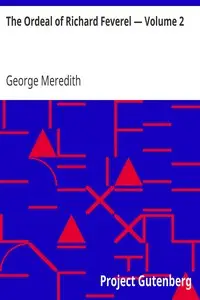
The Ordeal of Richard Feverel — Volume 2
By George Meredith
"The Ordeal of Richard Feverel — Volume 2" by George Meredith is a novel written in the late 19th century. The book delves into the complexities of yo...
George Meredith was an English novelist and poet of the Victorian era. At first, his focus was poetry, influenced by John Keats among others, but Meredith gradually established a reputation as a novelist. The Ordeal of Richard Feverel (1859) briefly scandalised Victorian literary circles. Of his later novels, the most enduring is The Egoist (1879), though in his lifetime his greatest success was Diana of the Crossways (1885). His novels were innovative in their attention to characters' psychology, and also portrayed social change. His style, in both poetry and prose, was noted for its syntactic complexity; Oscar Wilde likened it to "chaos illumined by brilliant flashes of lightning". Meredith was an encourager of other novelists, as well as an influence on them; among those to benefit were Robert Louis Stevenson and George Gissing. Meredith was nominated for the Nobel Prize in Literature seven times.


